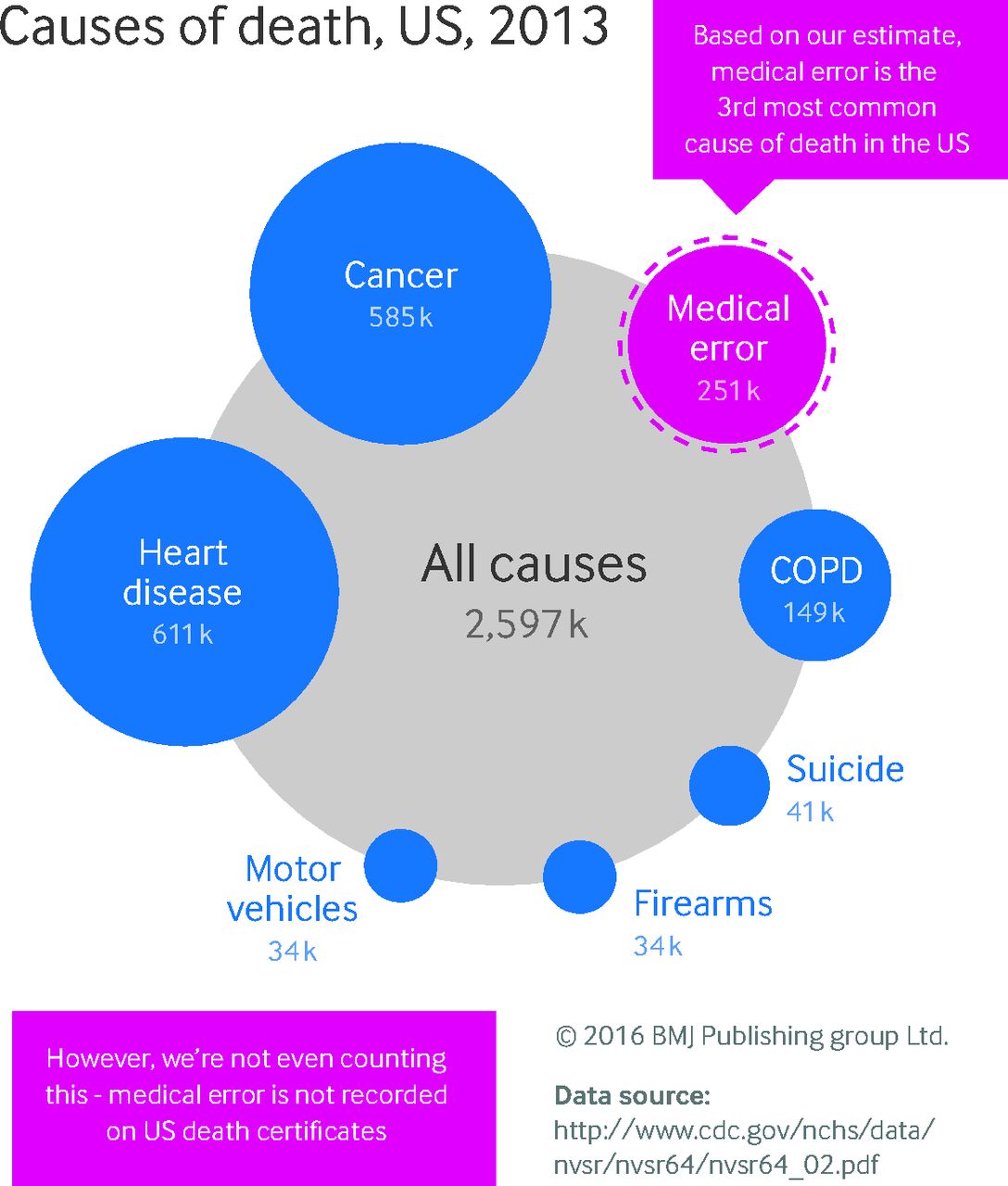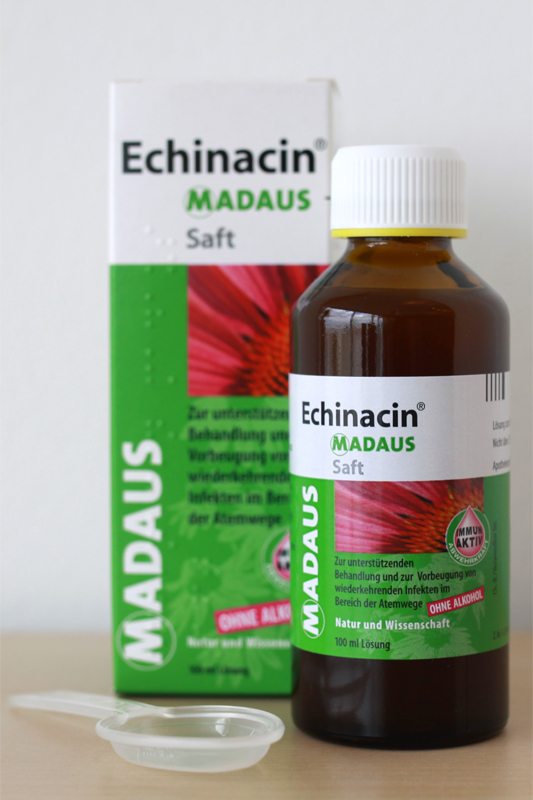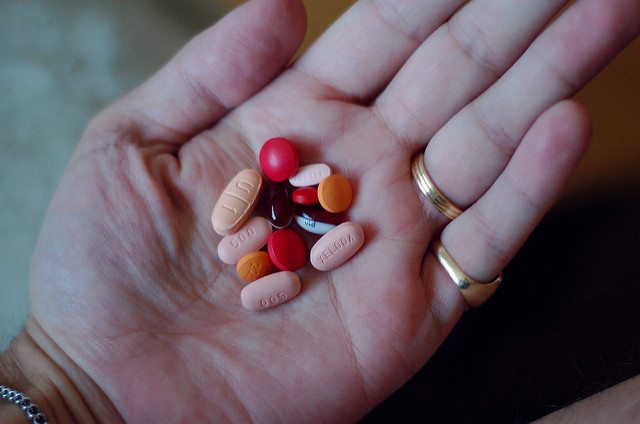Category: Science and Medicine
Australian Chiropractor Ian Rossborough Promises to Stop Treating Children…for Twenty Days
Before I begin this brief update to my recent post on Australian baby chiropractor Ian Rossborough’s “crack heard round the world,” I want to give a quick thanks to Jann Bellamy for organizing our day of Science-Based Medicine at NECSS last week. It was an amazing experience sharing the stage with the SBM crew for my first public presentation, and finally getting...

Are medical errors really the third most common cause of death in the U.S.?
A regurgitation of existing data suggested that medical error is the third leading cause of death in America. Is it true? Spoiler alert! No. No it's not. While medical error can and should be reduced, this BMJ article does not justify claims that doctors are a leading cause of death in the United States.

The Crack Heard Round the World
In January, Melbourne chiropractor Ian Rossborough uploaded a video to YouTube of himself treating a 4-day-old premature infant. The video, one of many that can be found on his “Chiropractic Excellence” channel, is for educational purposes only, intended to teach the world about the miraculous benefits of chiropractic care for a wide variety of conditions. Although the cynical among us may proclaim...

Is there a naturopathic standard of care?
Public outcry over the death of Ezekiel Stephan, the 19-month-old Alberta toddler who died of bacterial meningitis in 2012, continues to grow following last’s weeks court decision, which found both of his parents guilty of failing to provide the necessaries of life. David and Collet Stephan failed to seek appropriate medical care for their obviously-ill child, instead relying on a variety of...
Separating Fact from Fiction in the Not-So-Normal Newborn Nursery: Chiropractic and Brachial Plexus Injury
Thanks to a hot tip from a follower on Twitter, I’ve once again found myself neck deep in chiropractic propaganda involving the care of a pediatric patient. The case as presented involves, among numerous specious assumptions, claims of successfully treating an infant’s paralyzed arm using chiropractic philosophy and spinal adjustment techniques. As I will explain in detail, this “miracle” is just another...
Science-Based Satire: Hiring a Doula for Dental Procedures
Suzy Flanders had always dreamed of having a natural tooth extraction without pain medications, sedation, or local anesthesia, just like in the Bible or on an episode of Keeping Up With Kardashians. “When the day finally came on April 1st 2011, and my dentist recommended the removal of an impacted third molar, I almost couldn’t believe it,” Flanders explained. “After reading everything...
April Fool Cannot Surpass SCAM
It’s April Fools’ day in the US of A. One of the internet traditions is to come up with a story that is weird or unlikely, but not so weird or unlikely that it is not believable, in order to fool people that the story is real. I gave it the old SBM try, I really did, but I couldn’t do it....
Audio Therapy for Postoperative Pediatric Pain: Randomized Controlled Nonsense
In January of 2015, a study on “the effect of audio therapy to treat postoperative pain in children” performed at Lurie Children’s Hospital and published in Pediatric Surgery International made the media rounds. It was the typical story where numerous news outlets further exaggerated already exaggerated claims made in a university press release, in this case Northwestern University in Chicago. Some of...

More drugs, more supplements, and potentially more problems
Early in my career I was fortunate to be offered a role as a hospital pharmacist, working on an inpatient ward along with physicians, nurses, and a number of other health professionals. My responsibilities included conducting a detailed medication review with each newly admitted patient. We would sit together, often with family members, going through what was sometimes a literal garbage bag...


The Brown M&M’s of Science-Based Medicine
Medicine is constantly changing, and like most health professionals, I am required to maintain my competency to practice. I doubt pharmacists are unique in being inundated with offers of continuing medical/pharmacy education. Some courses are free, some cost hundreds of dollars, and it can be difficult to distinguish the high-quality programs from the biased or low-quality education that furthers a agenda, rather...